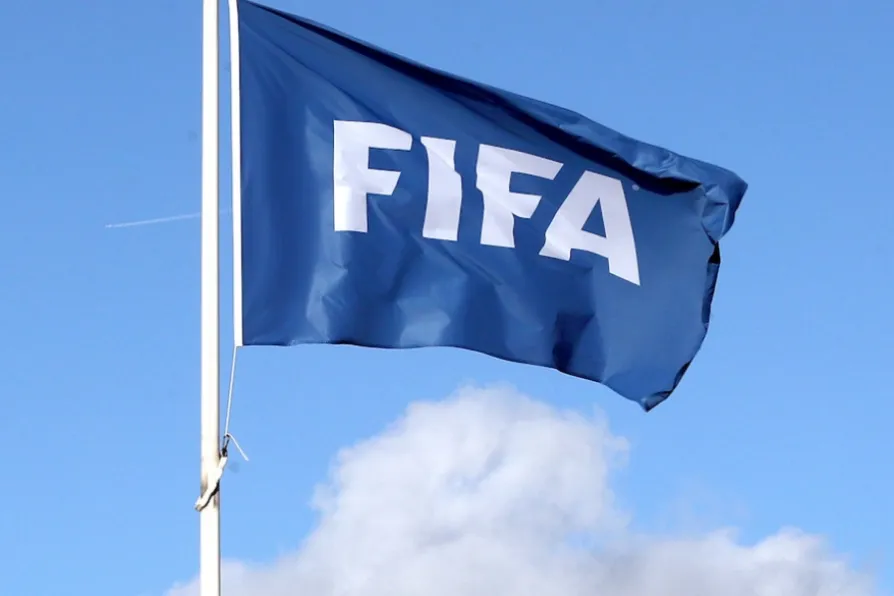

FIFA’S failure to consult the world’s domestic leagues over its plans to expand the World Cup and Club World Cup has been labelled “strange and maybe even crazy.”
Football’s world governing body confirmed the format for the 48-team 2026 World Cup back in March, along with additional detail on the 32-team Club World Cup to be played every four years from 2025.
The World Leagues Forum, an organisation chaired by Premier League chief executive Richard Masters, said earlier this month it would seek “meaningful representation” in calendar discussions before it could agree to Fifa’s changes.

JAMES NALTON discusses the use of dynamic ticket pricing at the 2026 World Cup and how it amplifies a culture already set up to squeeze as much money from fans as possible













